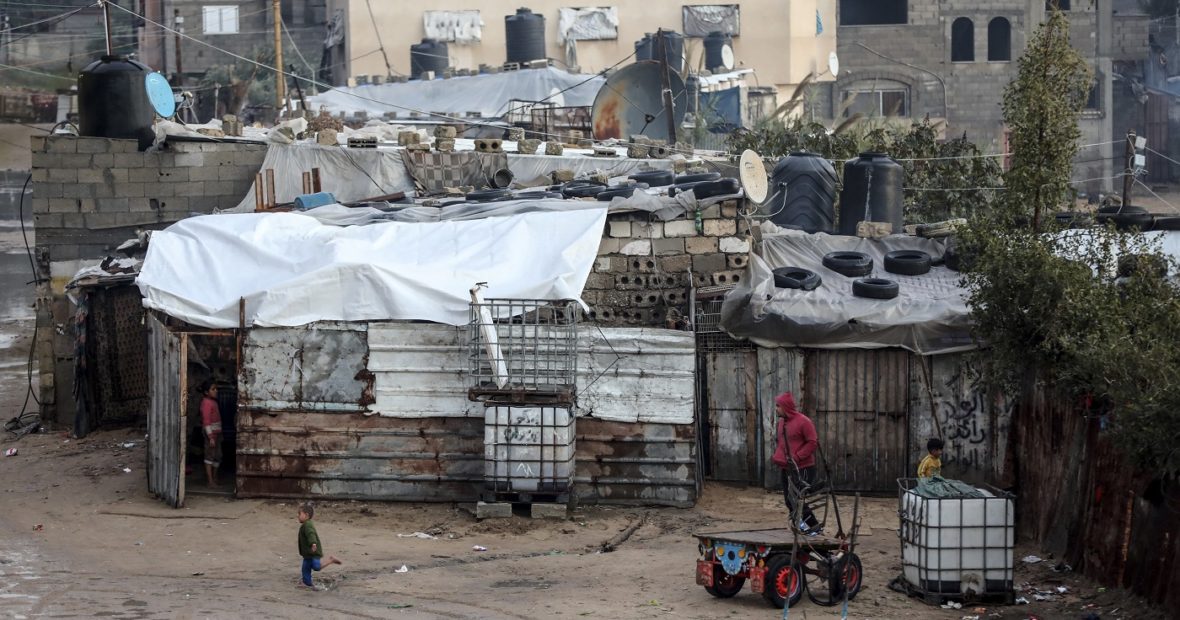Geneva (ICRC) – Each new round of violence in the Gaza Strip and Israel sparks a crisis of hope, as the fighting revives and creates new trauma on both sides. Only political steps can solve the seemingly intractable cycles and the humanitarian crises that accompany them. Those steps must be intensified.
A statement from Fabrizio Carboni, ICRC’s Near and Middle East Director
STATEMENT 10 AUGUST 2022 ISRAEL AND THE OCCUPIED TERRITORIES
The impact on the mental health and psychosocial well-being of people living through the latest fighting is one of the most significant consequences of each new round of this protracted armed conflict. In conflict zones, one in five people experiences mental health problems after the conflict has ended.
For the last 14 months, and since the end of the 10-day escalation of May 2021, people on both sides of the Gaza fence were left with a sense of edginess and uncertainty. It feels like everyone is sitting in some great waiting room, in between escalations, before the inevitable next tragedy comes.
This time last year, I was in Gaza. I stood next to a pile of rubble that Jamal and his family had once called home before the May 2021 escalation. Homeless and fearful, they then faced an uncertain future, adding their names to the countless lives consumed by the consequences of the most prolonged military occupation in modern history.
Over the years, fatigue and frustration have set in, particularly among the younger generation. Their profound sense of hopelessness and inability to see a better future greatly concerns me, as we all count on them to chart a better course. With the shift of international attention to Ukraine, lingering legacies of COVID-19, pressures of climate change, and the ripple effects of high inflation on the daily cost of living in communities, we are collectively doing little to lighten their load.
International Humanitarian Law (IHL) provides guardrails for the legal and humanitarian consequences of conflict. If all parties worked within the framework of IHL, everyone would gain. The goal is to ensure that civilian suffering during the escalation is kept to a minimum. We continue to engage with all sides on this important issue.
The ICRC welcomes the ceasefire, but even if it endures -and I very much hope that it does- people’s need for assistance and support remain. Eight in ten people in Gaza were already reliant on some form of humanitarian aid. This aid and support are important, and they can help prevent a total collapse in the short term. Nevertheless, only political solutions can bring sustainable improvement.
I want to thank the volunteers of the Palestine Red Crescent Society and Magen David Adom, who have been at the forefront of responding to urgent humanitarian needs even when they themselves were affected by the hostilities. Our priority alongside National Society partners is to continue assessing the most urgent humanitarian needs, support essential service providers and help affected people to begin the difficult, for some almost impossible, process of rebuilding their lives.



Comments